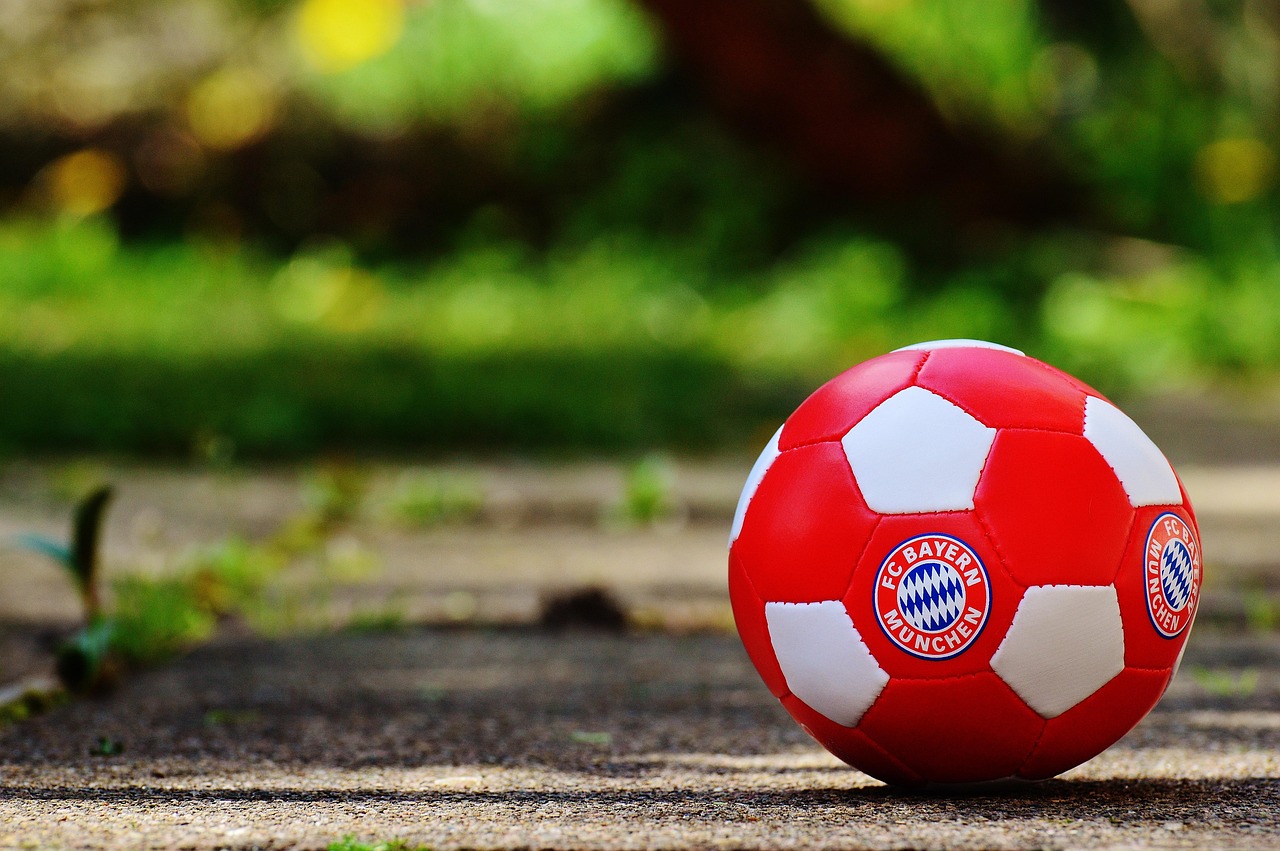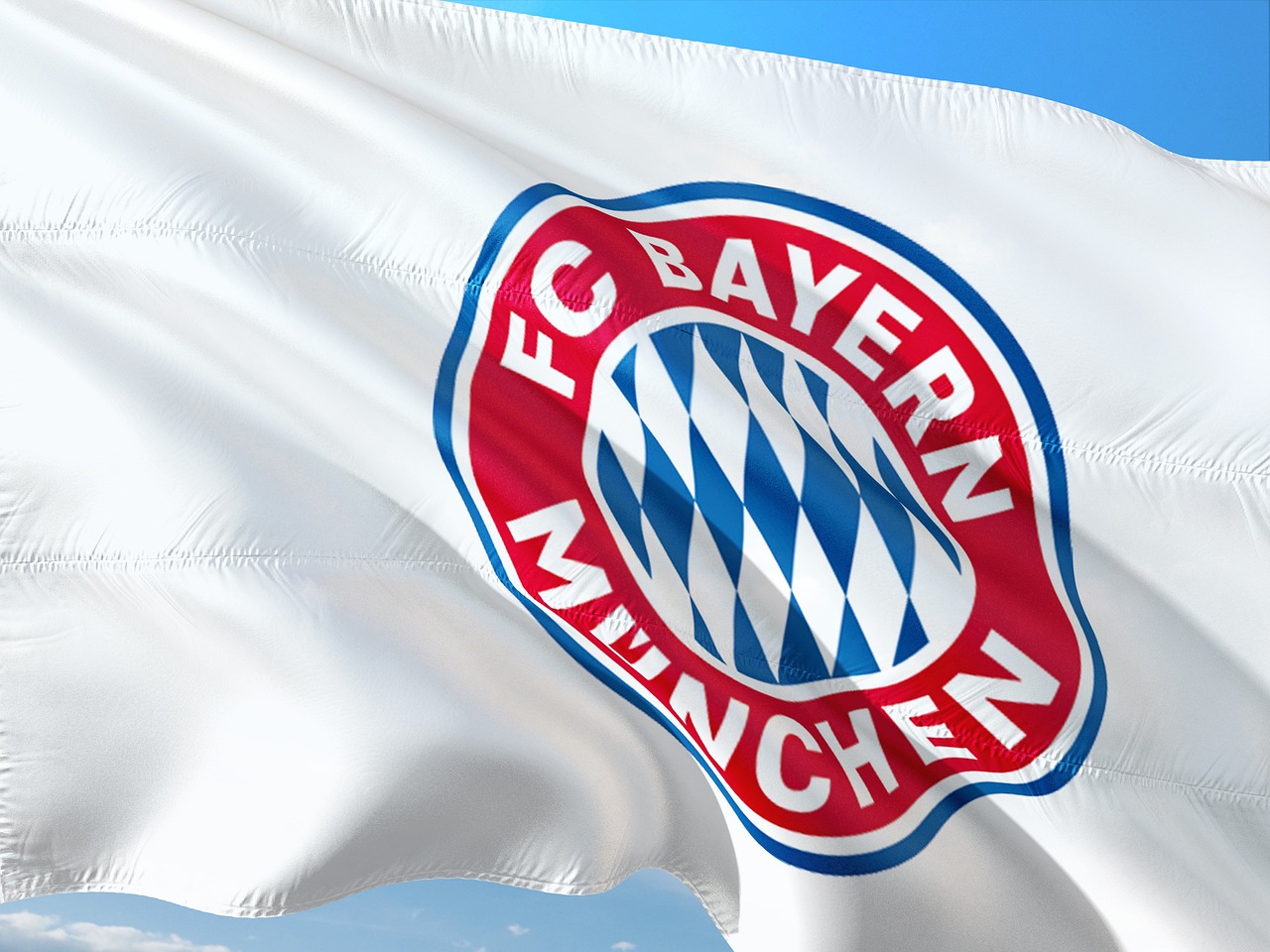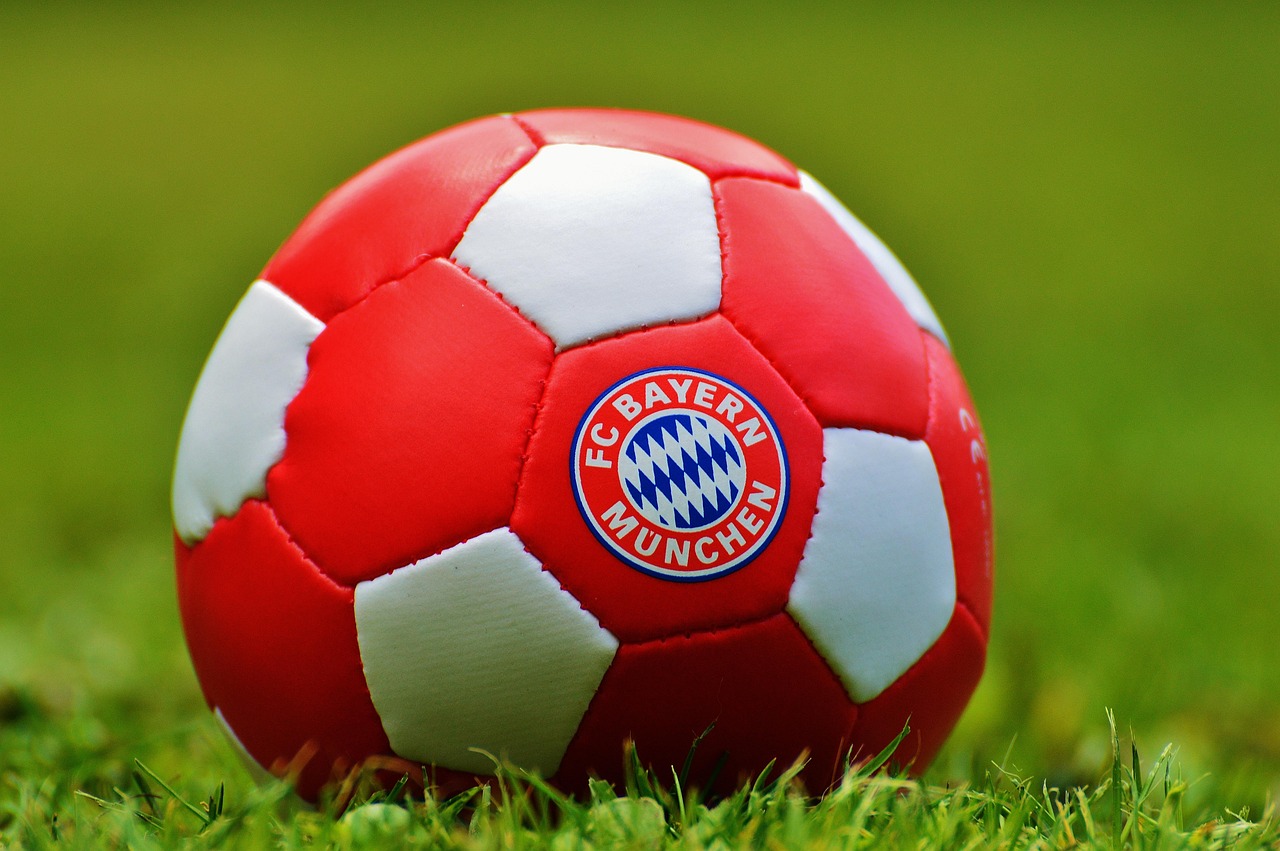
Uli Hoeneß Bayern Munich legacy
Uli Hoeneß is a name synonymous with German football, especially for those familiar with Bayern Munich’s illustrious history. The DFL Deutsche Fußball Liga recently awarded him an honorary prize for his exceptional contributions to the sport.
Hoeneß, who played a pivotal role in shaping Bayern Munich, has left an indelible mark on the club both on and off the field. As a player, he was part of a golden era, winning the Intercontinental Cup, three European Cups, three Bundesliga titles, and the DFB Cup between 1970 and 1979. On the international stage, he added the 1974 World Cup and the 1972 European Championship to his accomplishments (Wikipedia-Uli Hoeneß, 2025).
After a knee injury ended his playing career at 27, Hoeneß became Bayern’s general manager. Under his leadership, Bayern Munich grew into a global brand, known for its dominance in German and international football.
His strategic vision and commitment to excellence have been foundational to the club’s success, transforming Bayern into a powerhouse that consistently competes at the highest level. His legacy is not just in the trophies but in the lasting impact he has had on German football.
Bayern Munich global player roster
Bayern Munich’s influence extends beyond Germany, reflected in their diverse and talented roster. During the September international break, several Bayern players were called up to represent their national teams, highlighting the club’s global presence.
Key players included Leon Goretzka, Joshua Kimmich, and Serge Gnabry for Germany; Harry Kane for England; and Michael Olise and Dayot Upamecano for France, particularly in Uli Hoeneß in the context of Bayern Munich in the context of German football. This assortment of international talent underscores Bayern’s commitment to assembling a team that can compete on the world stage, blending skill with experience to maintain their status as a leading club (Bundesliga-September 2025). Such international representation not only enhances the club’s reputation but also brings a wealth of experience and different styles of play back to the Bundesliga.
This diversity is a testament to Bayern’s scouting and recruitment strategy, which prioritizes both individual talent and team cohesion in the context of Uli Hoeneß in the context of German football. The club’s ability to attract and nurture top players from various countries remains a key factor in their sustained success.
Bayern Munich recruitment strategy
Bayern Munich’s approach to building a formidable team is both strategic and forward-thinking. The club’s recruitment strategy focuses on identifying players who can adapt to Bayern’s playing style while bringing unique qualities to the squad.
By targeting both established stars and emerging talents, Bayern ensures a balance of experience and potential within their team, particularly in Uli Hoeneß in the context of German football. This approach not only solidifies their current roster but also secures the club’s future success. Recruitment is not solely about acquiring new players but also about developing existing talents.
Bayern’s emphasis on youth development has been instrumental in producing homegrown talents who can seamlessly integrate into the first team. This commitment to nurturing young players aligns with the club’s long-term vision of maintaining a competitive edge both domestically and internationally.

Uli Hoeneß leadership legacy
While trophies and accolades are tangible measures of success, Uli Hoeneß’s legacy at Bayern Munich is far-reaching. His leadership and vision have fostered a culture of excellence and innovation that permeates every aspect of the club.
Hoeneß’s influence is evident not only in the team’s achievements but also in the club’s operational and financial strategies, which have set a benchmark for others to follow, including German football applications. Hoeneß’s approach to management emphasized sustainability and community engagement, ensuring that Bayern Munich remained financially robust and socially responsible. His belief in the club’s broader role in society has inspired initiatives that support local communities and promote social causes.
This holistic approach to football management continues to shape the club’s identity and values, making Bayern Munich a model of success both on and off the pitch.
Bayern Munich Bundesliga success
Bayern Munich’s success under Uli Hoeneß has had a ripple effect on German football and beyond. The club’s achievements have raised the profile of the Bundesliga, attracting global audiences and enhancing the league’s competitiveness.
Bayern’s presence in international competitions has also contributed to the growth and popularity of the sport worldwide, highlighting the club’s role as an ambassador for German football. The club’s influence extends to its supporters, who are an integral part of its identity. Bayern Munich’s fan base, both local and international, plays a crucial role in the club’s continued success.
Their unwavering support and passion for the team create an electrifying atmosphere that inspires players and underscores the club’s commitment to excellence.

Uli Hoeneß Bayern Munich legacy
Uli Hoeneß’s contributions to Bayern Munich and German football are unparalleled. His visionary leadership has not only brought success on the field but has also established a legacy of excellence and innovation that will continue to guide the club in the future.
Bayern Munich’s international influence, strategic recruitment, and commitment to community engagement are testaments to Hoeneß’s enduring impact. As Bayern continues to build on this legacy, the club remains a beacon of success and a symbol of what can be achieved through visionary leadership and strategic planning.
